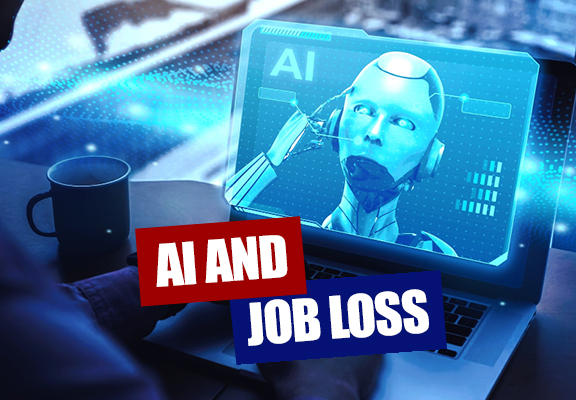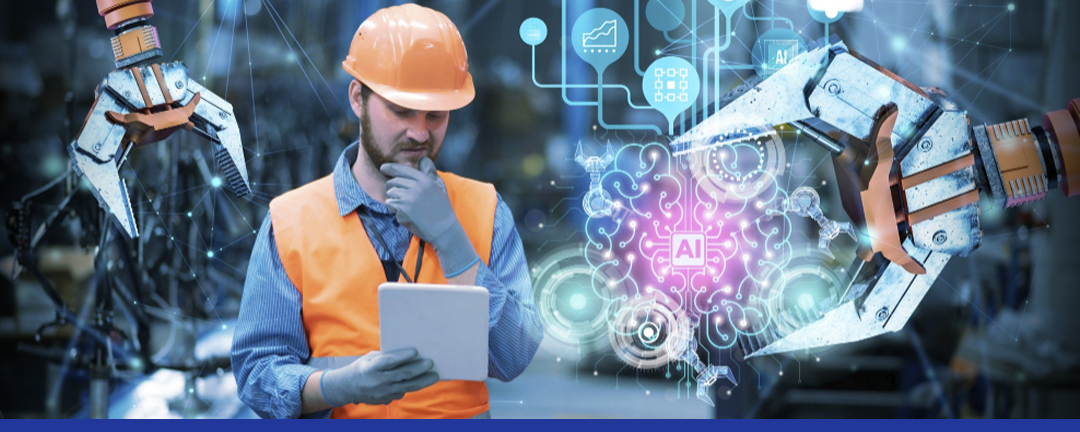Debunking Common Myths About AI and Job Loss: A Closer Look Beyond the Headlines


There is no shortage of headlines warning of widespread job losses and economic upheaval as artificial intelligence (AI) continues to grow at a rapid pace. Many of these articles are available online. Despite the fact that artificial intelligence technologies are indeed transforming industries and altering the nature of labor, reality is much more nuanced than what dramatic headlines suggest. Taking a closer look at some prevalent misunderstandings regarding artificial intelligence and job loss, we will explore the real influence that AI has on the workforce and dispel some of the misconceptions that have been floating around about it.
One of the most popular misconceptions regarding artificial intelligence is the idea that technology would displace all jobs currently held by humans, resulting in widespread unemployment. It is highly unlikely that artificial intelligence would fully eliminate the need for human labor, despite the fact that technology has the capacity to automate specific processes and positions. Instead, artificial intelligence is more likely to enhance human talents, releasing workers from dull and repetitive jobs and allowing them to concentrate on higher-value activities that involve creativity, critical thinking, and emotional intelligence.
The idea that the benefits of artificial intelligence will only be available to tech-savvy businesses like engineering and information technology is another frequent misunderstanding. The reality is that artificial intelligence has the potential to have an effect on practically every sector of the economy, ranging from retail and agriculture to healthcare and banking. Artificial intelligence-powered tools and systems have the potential to improve productivity, efficiency, and decision-making across a wide range of industries, opening up new opportunities for growth and innovation.

There is a possibility that artificial intelligence will cause widespread unemployment on a global scale; nevertheless, it is highly unlikely that this will occur. Over the course of history, technical developments have resulted in the establishment of new industries and employment opportunities, which have compensated for any losses that have occurred in established sectors. Artificial intelligence also has the ability to generate new roles and professions that do not currently exist. Some examples of these new roles and professions are data scientists, machine learning engineers, and AI ethicists.
Some people believe that artificial intelligence will only be beneficial to huge organizations that have the financial means to invest in costly AI technologies. On the other hand, artificial intelligence is becoming more accessible to organizations of all sizes as a result of developments in cloud computing, open-source software, and platforms that provide AI as a service. Employing artificial intelligence (AI) tools and solutions can help smaller businesses improve their operations, enrich the experiences they provide to their customers, and achieve a competitive advantage in the market.

Contrary to forecasts of the end of the world, artificial intelligence is not expected to result in a future without jobs. There will always be a demand for human labor, creativity, and innovation, despite the fact that the nature of work may change as a result of technological improvements. It is vital for politicians, corporations, and educators to collaborate on plans for reskilling and upskilling the workforce in order to ensure that people are equipped for the occupations of the future. This is because artificial intelligence (AI) is continuing to enhance its capabilities, Which is nowadays prominent in creative industry.
A detailed understanding of the complicated link that exists between technology, labor, and the economy is required in order to debunk the widespread fallacies that surround artificial intelligence and the loss of jobs. There is little doubt that artificial intelligence will bring about difficulties and upheavals; nevertheless, it will also bring about enormous opportunities for creativity, growth, and wealth. In order to harness the power of artificial intelligence and create a future in which humans and robots collaborate to make a better world, we must first dispel the misunderstandings that exist about it and then embrace its promise.